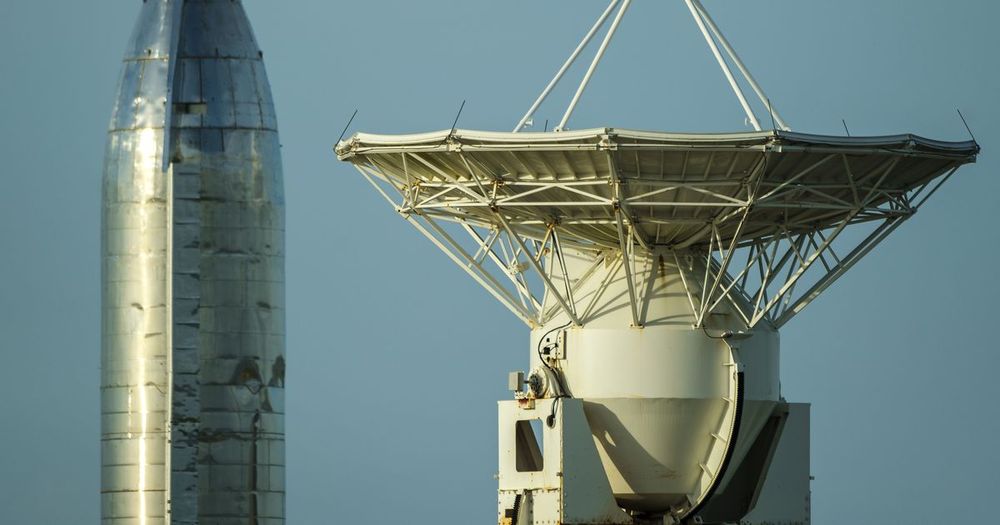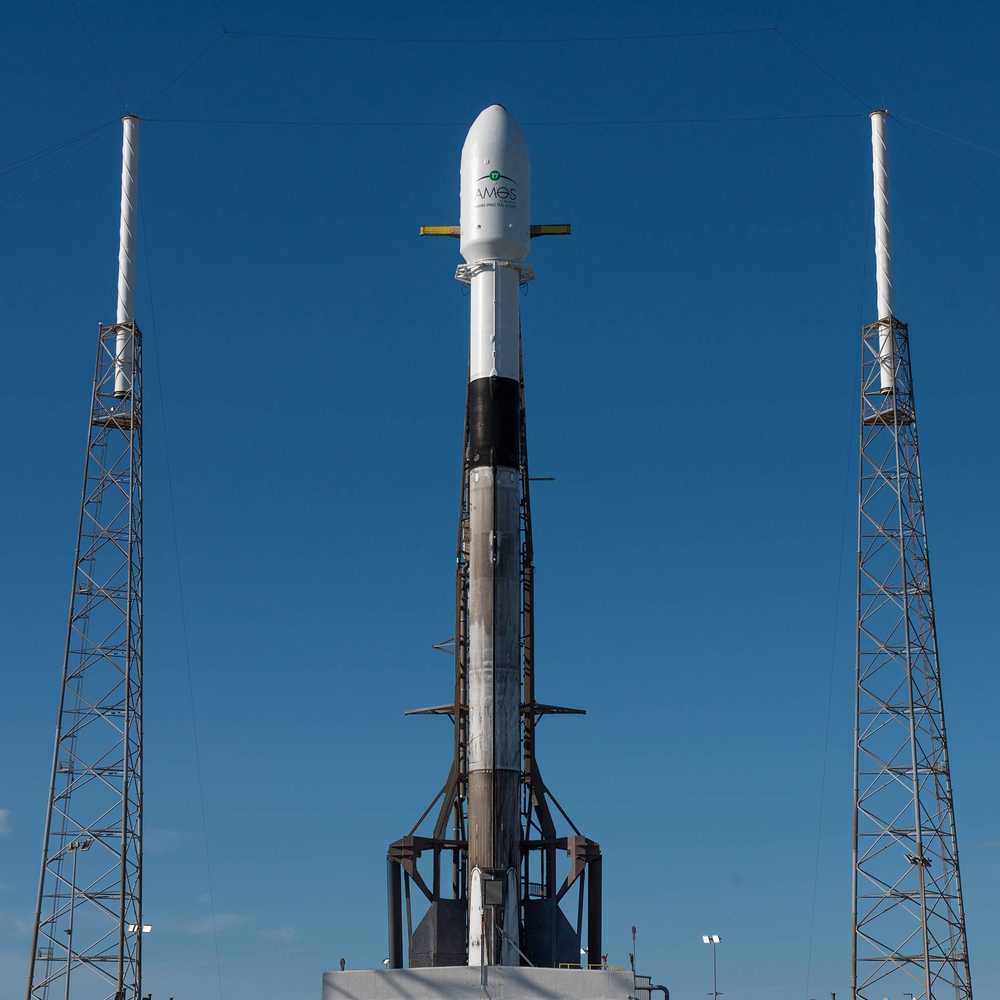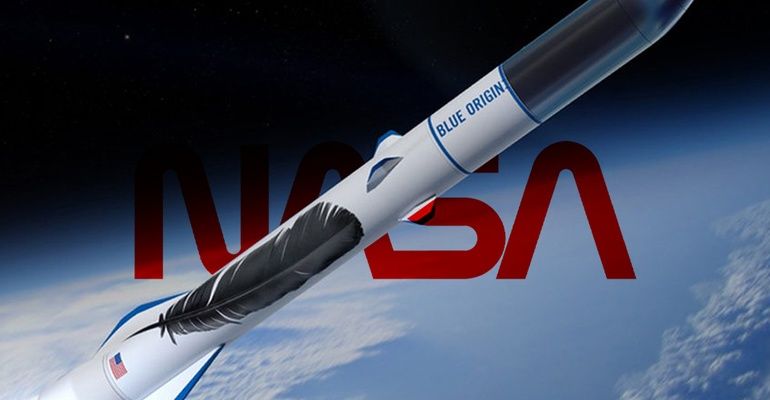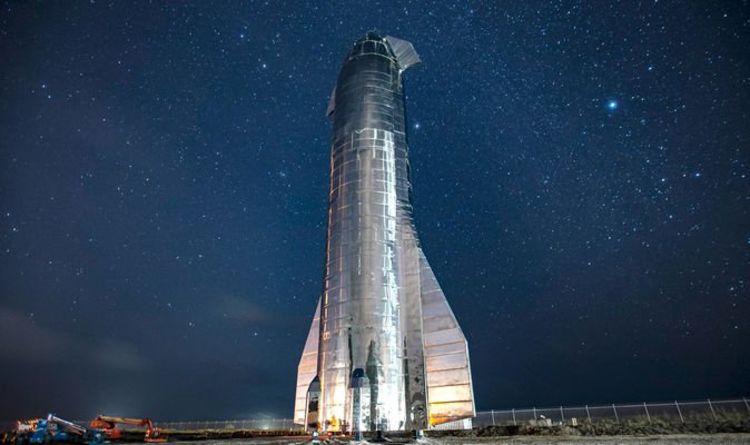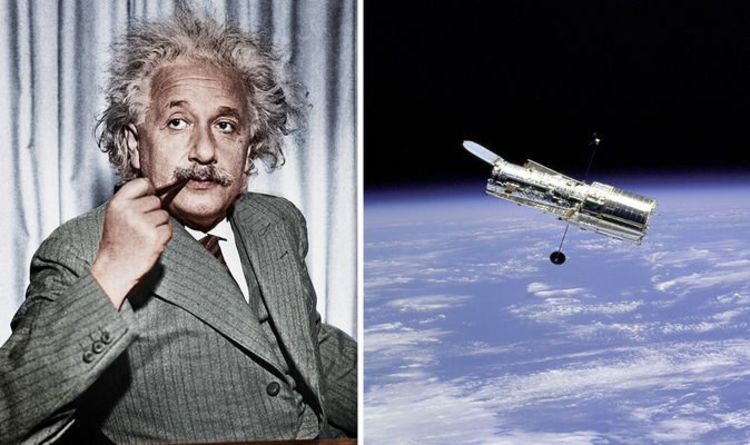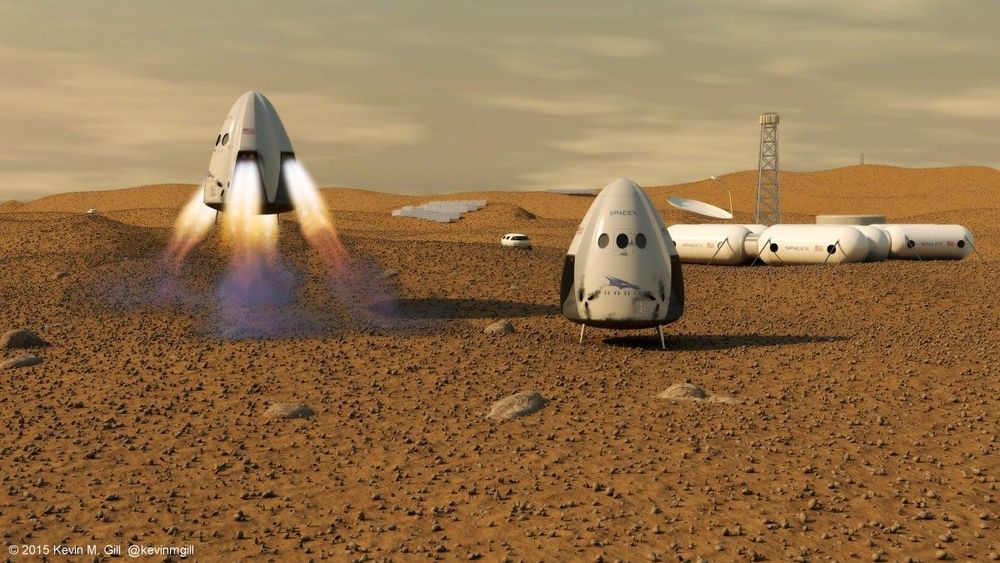Space bacteria — they’re tiny, invisible, and potentially harmful; even if no one is sure that they actually exist. But for most of the Space Age, NASA and other agencies have treated the possibility of pathogens from space carefully, both during our exploration of other worlds and because of the havoc they could conceivably wreak on Earth. Nowadays, though, there’s a new factor: Elon Musk.
The billionaire entrepreneur dreams of settling thousands of humans on the planet Mars and, oh yeah, he happens to own a rocket company that is slowly building the capability to do so. Musk and other leaders in the commercial space industry are looking at opening up previously unexplored possibilities — asteroid mining, private space stations, package delivery to the moon’s surface. Laudable as these goals are, they are also forcing governments around the world to rethink their space regulations and consider whether they’re up to these impending challenges.
As ever more players enter the space arena it’s time to make sure that everybody is following the best planetary protection practices. Exploring the universe should happen for the benefit of all, including future generations.



